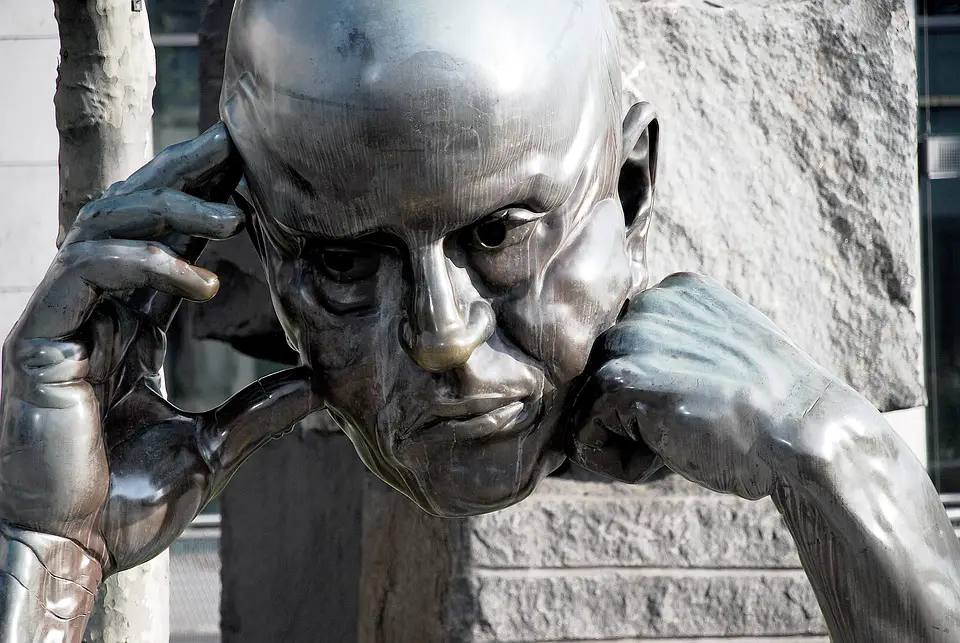
Title: The AI Job Market: Preparing for the Workforce of the Future
Subtitle: Embracing the inevitable transformation of the job market and adapting to the new era of artificial intelligence
Introduction
The rapid advancement of artificial intelligence (AI) and automation technologies has been a topic of great interest and concern in recent years. As AI continues to evolve and permeate various industries, the job market is expected to undergo a significant transformation. While some jobs may become obsolete, new opportunities will emerge, requiring a shift in the skills and knowledge needed to succeed in the workforce of the future. This article will explore the potential impact of AI on the job market and discuss how individuals and organizations can prepare for the changes ahead.
The AI Job Market: A Double-Edged Sword
The integration of AI and automation into the workforce presents both opportunities and challenges. On one hand, these technologies have the potential to increase productivity, reduce costs, and improve the overall quality of products and services. For example, AI-powered systems can analyze vast amounts of data more quickly and accurately than humans, leading to better decision-making and more efficient processes.
On the other hand, the rise of AI and automation has sparked concerns about job displacement and the potential loss of millions of jobs worldwide. According to a report by the World Economic Forum, by 2025, machines and algorithms will perform more current tasks than humans, and 85 million jobs may be displaced. However, the same report also predicts that 97 million new roles may emerge, which are more adapted to the new division of labor between humans, machines, and algorithms.
Preparing for the Workforce of the Future
To thrive in the AI-driven job market, individuals and organizations must adapt and prepare for the changes ahead. Here are some strategies to consider:
1. Embrace lifelong learning: As the job market evolves, it is crucial for individuals to continuously update their skills and knowledge. This may involve pursuing higher education, attending workshops and seminars, or engaging in online courses and certifications. Embracing a growth mindset and a commitment to lifelong learning will be essential for staying relevant and competitive in the workforce.
2. Develop transferable skills: In addition to technical skills, individuals should focus on developing transferable skills such as critical thinking, problem-solving, creativity, and emotional intelligence. These skills will be valuable across various industries and job roles, even as specific technical skills become obsolete.
3. Foster adaptability and resilience: The ability to adapt to new technologies, processes, and job roles will be crucial in the AI-driven job market. Individuals should be open to change and willing to embrace new challenges, while organizations should create a culture that supports and encourages adaptability and resilience.
4. Invest in reskilling and upskilling: Organizations should invest in reskilling and upskilling their workforce to ensure they have the necessary skills to succeed in the new job market. This may involve providing training programs, partnering with educational institutions, or offering financial support for employees to pursue further education.
5. Collaborate with AI: Rather than viewing AI as a threat, individuals and organizations should focus on how they can collaborate with these technologies to enhance their capabilities and productivity. By leveraging the strengths of both humans and AI, organizations can create a more efficient and innovative workforce.
Conclusion
The AI job market presents both challenges and opportunities for individuals and organizations. By embracing the inevitable transformation of the job market and adapting to the new era of artificial intelligence, we can ensure that we are prepared for the workforce of the future. This will require a commitment to lifelong learning, the development of transferable skills, and a focus on collaboration between humans and AI. By doing so, we can harness the power of AI to create a more efficient, innovative, and prosperous future for all.







